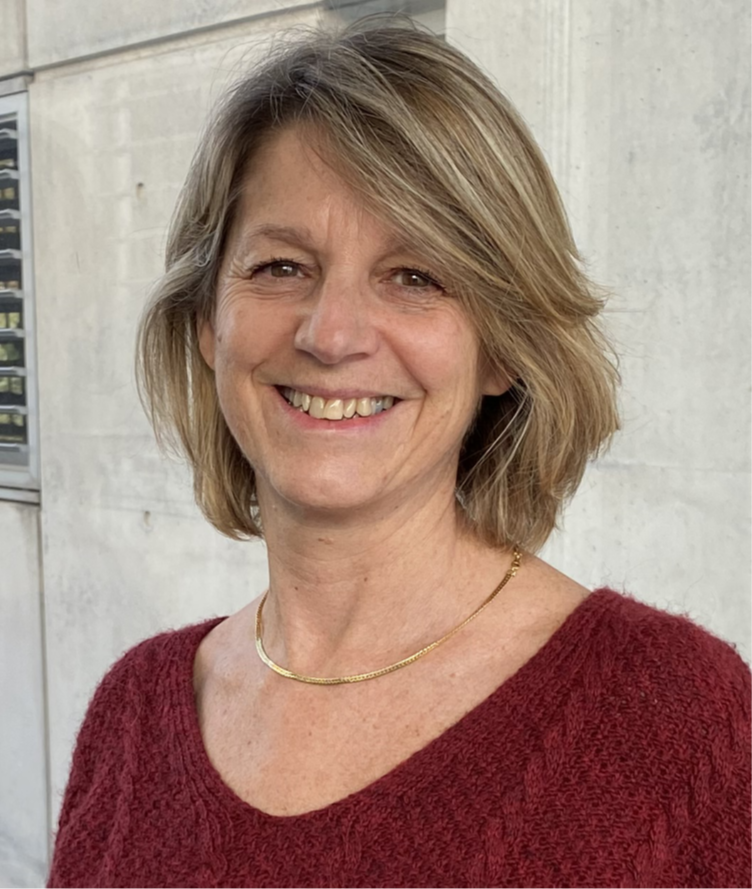
Extracellular vesicles (EV)
Mesenchymal stromal cells (MSC)
Cartilage
Osteo-articular and autoimmune diseases
Biotherapies
Regeneration
3D bioprinting
PERRIER-GROULT Emeline (CRCN)
MORILLE Marie (MCU)
MARIA Alexandre (MCU PH)
THERON Alexandre (AHU CHU)
ROZIER Pauline (Chef de clinique)
ABEZA Claire (IR)
BONY Claire (IR)
MAUMUS Marie (IR)
SERVANT Zoé (IR)
DAURAT Morgane (IE)
GIAMBERINI Maxime (IE)
GILLES Alexia (AI)
VESSIERE Anaïs (AI)
MILLA Vanessa (Post-doc)
ROCHA Eliza (Post-doc)
SICOT Marion (Post-doc)
DUPUY Silouane (PhD student)
GUTH Lucien (PhD Student)
IBARISSEN Dalia (PhD Student)
IBN-ELFEKIH Zeineb (PhD Student)
GRAVERON Guilhem (PhD Student, 50%)
MEUNIER Lucy (PhD Student, 50%)
ROBERTS Lauren (PhD Student, 50%)
SOTO‐ARAYA Anais (PhD Student, 50%)
We have demonstrated the therapeutic interest of mesenchymal stromal cells (MSCs) for several rheumatic and autoimmune diseases: osteoarthritis (OA), rheumatoid arthritis (CIA) and systemic sclerosis (SSc). We have also reported that extracellular vesicles (EV) isolated from these cells reproduce the main beneficial effects of parental cells. We aim at developing optimized therapeutic strategies by identifying MSC subtypes with higher regenerative potential selected from high throughput omics approaches and generating engineered MSCs with enhanced properties. In vitro functional assays and in vivo non-clinical models are used to evaluate the optimized strategy using EVs derived from enhanced MSCs. The impact of disease-associated deleterious environment, in particular inflammation and senescence, is also investigated to decipher its role on MSC and EV functions. The objective is to enhance the knowledge on MSC and MSC-derived EV to provide innovative solutions for clinical translation with relevant therapeutic medicinal products.
We aim at better understanding osteo-articular diseases using relevant in vitro models based on organoid formation and 3D bioprinting approaches. This should allow to develop innovative therapeutic strategies for cartilage repair to restore joint function. Organoids and joint-on-chip technologies should feature a complex joint environment to get the proper structural organization required for both cartilage and sub-chondral bone formation. The optimized combinations of biomaterials, cells, bioactive factors are tested in vitro and in vivo to evaluate the potential of cartilage and bone formation by mesenchymal stromal cells for tissue engineering applications. New-generation biomaterials are generated in collaboration with chemists and close interactions with biomecanicians for biomechanical stimulation and characterization of neotissues. Joint-on-chips and organoids will be used to develop models mimicking the inflammatory or degenerative context of rheumatic diseases and evaluate cellular or pharmalogical treatments.
